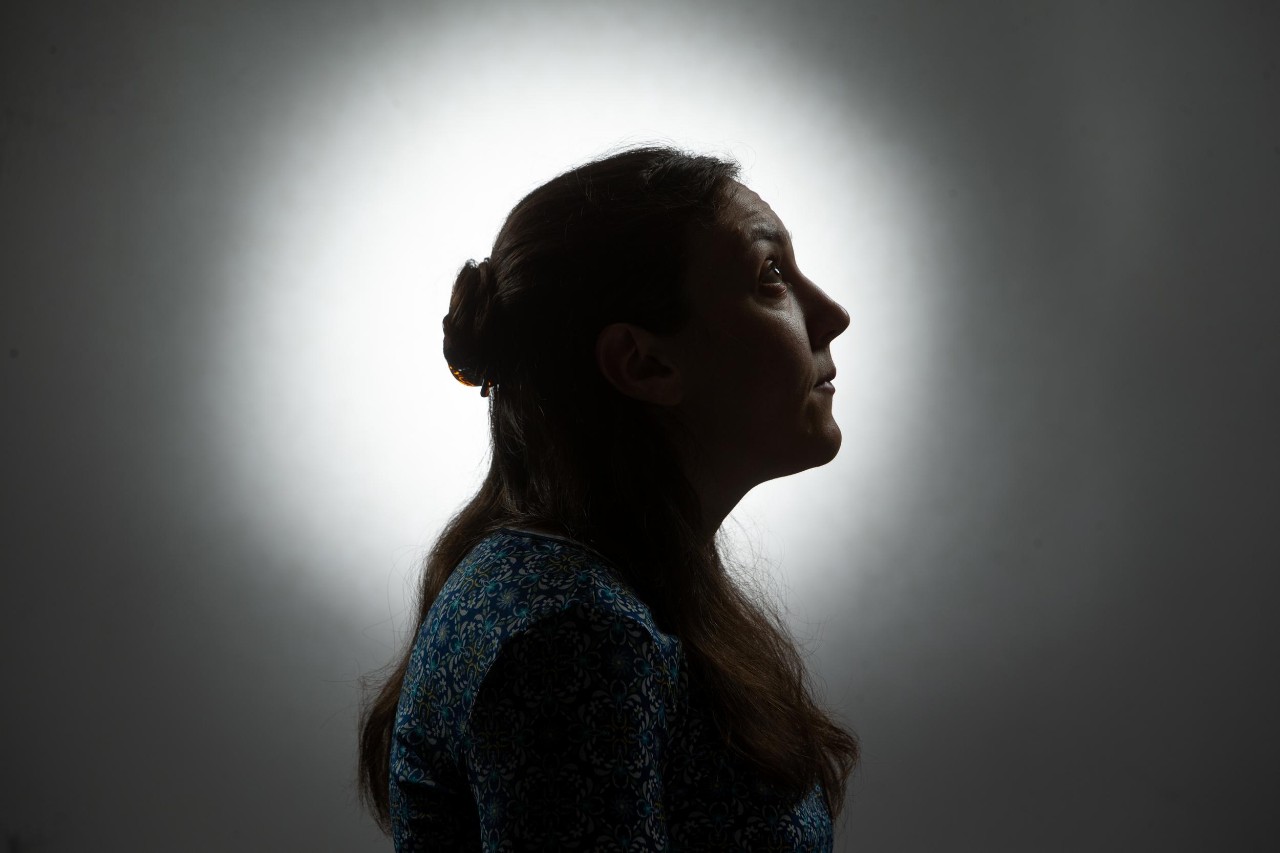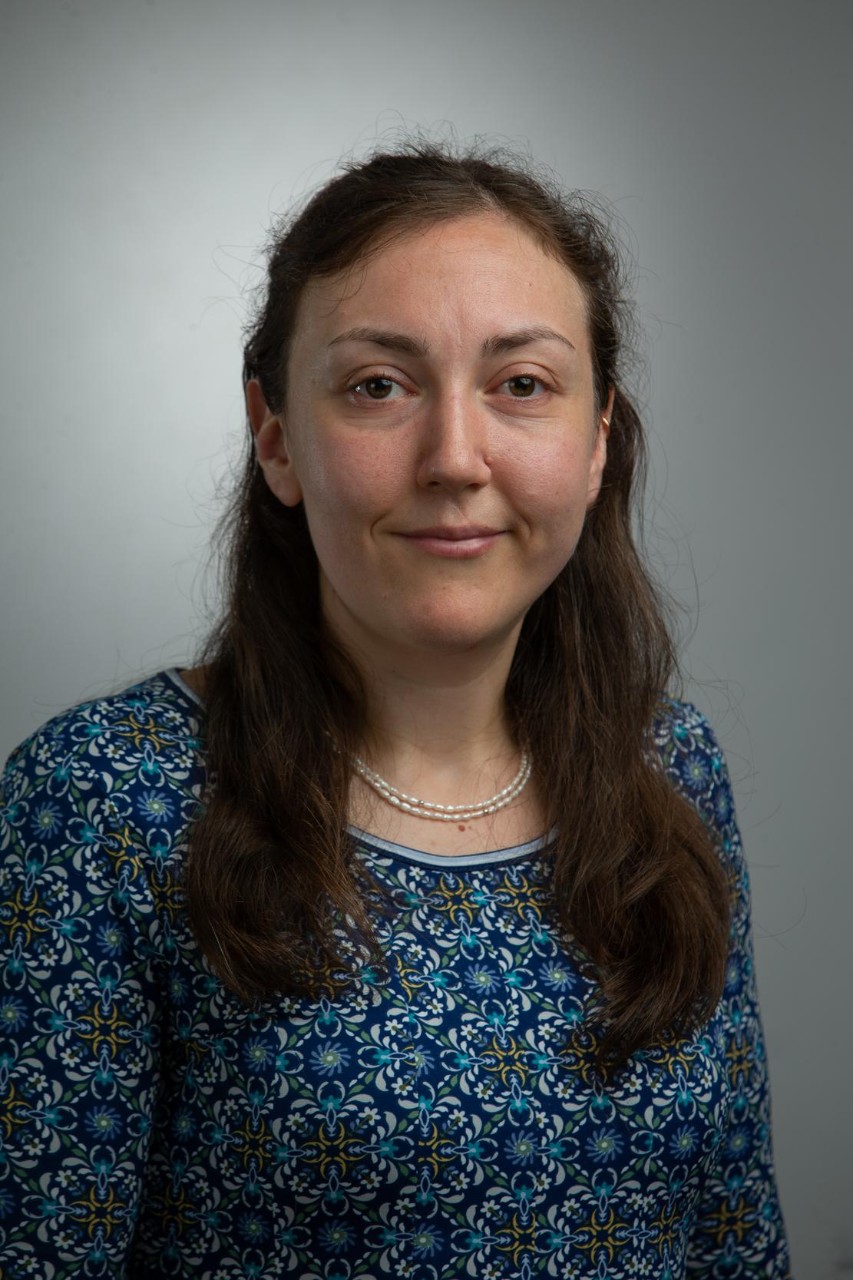
Wired: Is psychedelic therapy bubble about to burst?
Wired talks to UC postdoctoral researcher about challenges facing alternative medicine
Wired turned to University of Cincinnati postdoctoral researcher Neşe Devenot to explain whether psychedelic therapies are showing promise in potential mental health treatments.
Researchers have been examining a variety of psychedelics from magic mushrooms to MDMA to LSD for their potential to treat a variety of conditions, including depression and post-traumatic stress disorder.

Neşe Devenot, a postdoctoral associate at UC's Institute for Research in Sensing. Photo/Andrew Higley/UC Marketing + Brand
Devenot is a postdoctoral researcher in associate professor Nathan Morehouse's Institute for Research in Sensing in UC's College of Arts and Sciences. (Read: Psychedelics Research Renaissance.)
According to Wired:
Psychedelics induce a specific kind of vulnerability, as they are known to enhance suggestibility and sexual feelings. That means addressing the risk of sexual abuse in psychedelic research and therapy should be prioritized as highly as the risks of hype, says Devenot, a postdoctoral associate at the Institute for Research in Sensing at the University of Cincinnati and a team member of Psymposia. “Historically, some of the scientists working in the field have really dismissed, discounted, and even ostracized the people who have spoken up about risk,” she says. Psychedelic researchers themselves haven’t spoken up much about this specific risk set, and Devenot says they need to.
Devenot contributed to a New York University study on anxiety treatments for cancer patients that was featured in a bestselling 2018 book by author Michael Pollan. A documentary series based on his book, titled “How to Change Your Mind,” premiered on Netflix in July.
Her research also critiques the hype that surrounds psychedelics, which has fueled a gold rush as companies seek to capitalize on psychedelic medicine. While acknowledging the positive potentials, she advocates for more rigorous science and for empowering the Indigenous and countercultural communities who have cultivated methods for working with psychedelics.
"Psychedelics are getting more attention from researchers right now because preliminary clinical trials have shown encouraging efficacy in treatments for conditions that are usually very hard to treat: addictions, post-traumatic stress disorder and major depression, where existing treatments are not especially effective," Devenot said. "That said, some of the early trials have been impacted by methodological issues and reports of harm by clinical trial participants, so these issues will need to be addressed before we can make any definitive claims about efficacy."
Related Stories
Cincinnati a top destination for street art, museums
February 27, 2026
Discover why Cincinnati is a top destination for street art and museums, ranked among USA Today’s 10Best for 2026. Explore how University of Cincinnati research shows public art boosts community vitality, and find the best things to do near UC’s campus for students and visitors alike.
Intrapreneurship: Strategies to promote internal innovation
February 27, 2026
Intrapreneurship encourages employees at large companies to innovate and test ideas with an entrepreneur’s level of freedom. Learn how to become an intrapreneur in your organization.
'Paradigm-shifting' study confirms effectiveness of long-acting HIV treatment
February 26, 2026
The results of a clinical trial involving the University of Cincinnati, recently published in The New England Journal of Medicine, show people failing HIV treatments with oral medications were able to be treated successfully using injections.
